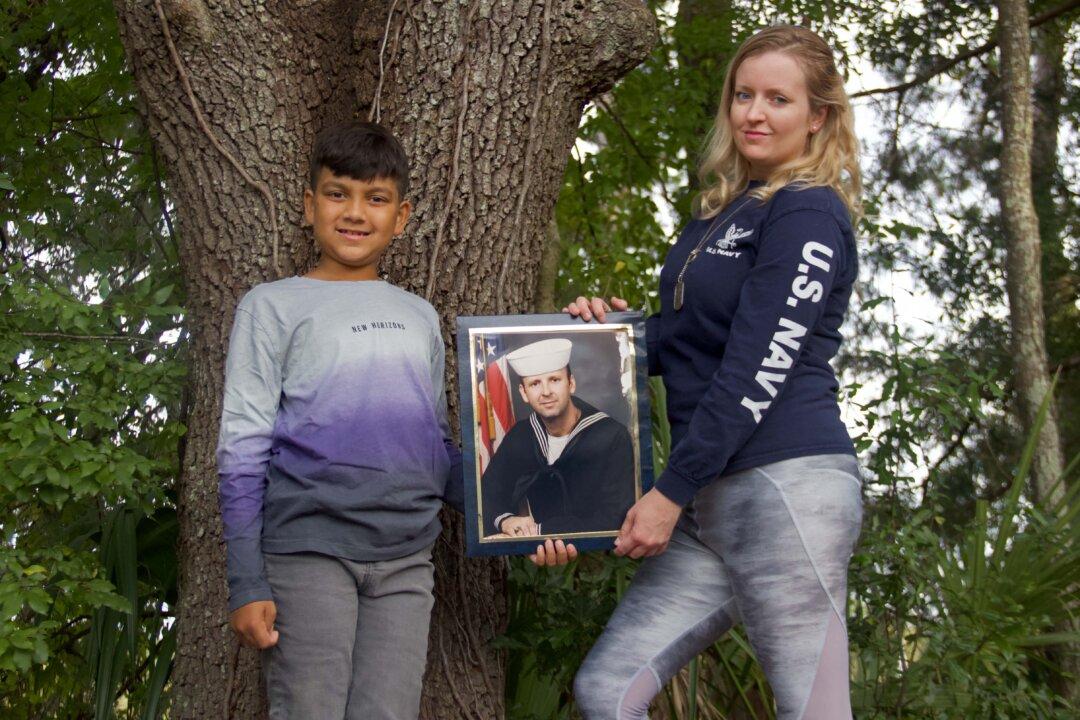Patient advocates and state legislators are trying to change Florida’s Wrongful Death Law, which they argue harms two groups primarily—people over 25 with special needs and unmarried adults without minor children.
Commonly referred to as Florida’s “free kill law” by its opponents, state Statute 768.21 deals with damages allowed in cases of wrongful death. The law permits lawsuits for damages in situations of wrongful death, such as a car accident, gross negligence, or medical malpractice. The damages can be both “economic,” such as the deceased’s lost income, and “non-economic,” such as mental pain and suffering.





